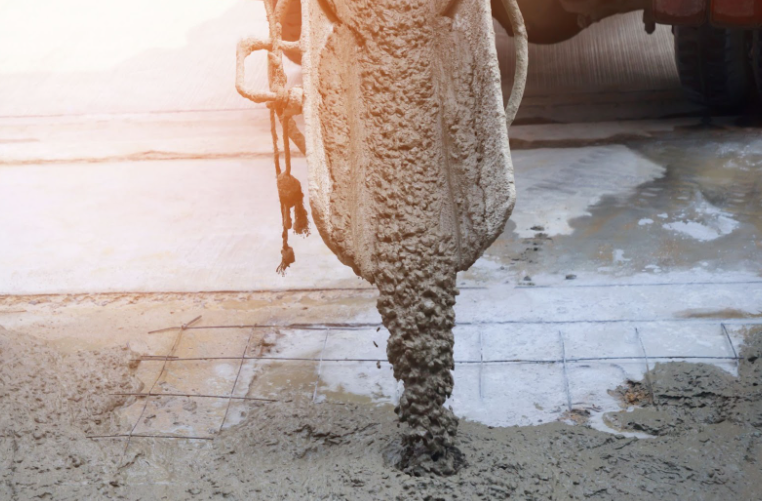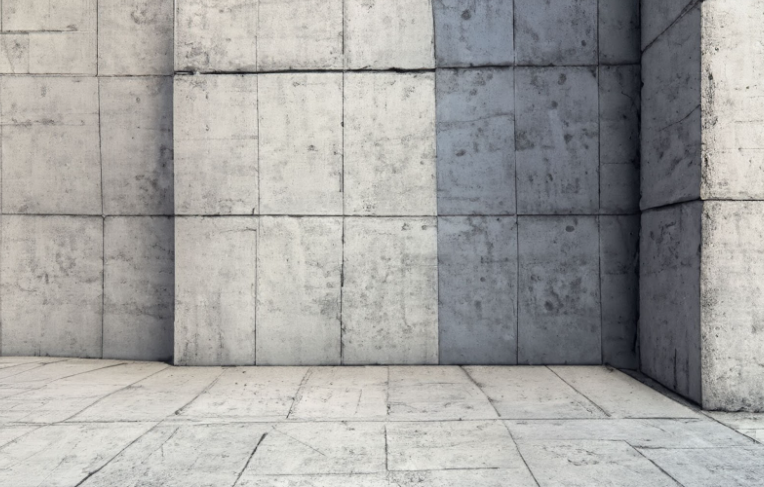Cost-Effective Concrete Solutions for Industrial Spaces
Concrete is the backbone of industrial infrastructure, providing the strength and durability required to support heavy machinery, withstand constant foot traffic, and endure various environmental conditions. For businesses, finding cost-effective concrete solutions is not just a matter of reducing initial construction costs but also ensuring long-term savings through durability and minimal maintenance.
The Importance of Cost-Effective Concrete Solutions for Industrial Spaces
Industrial spaces have unique requirements that differ significantly from residential or commercial properties. These spaces need to withstand heavy machinery, constant foot traffic, and various environmental conditions.
Concrete plays a crucial role in meeting these demands due to its strength, durability, and versatility.
For businesses, finding cost-effective concrete solutions is vital. It helps in reducing initial construction costs and ensures long-term savings through durability and minimal maintenance. The right concrete solutions can enhance operational efficiency and provide a safe working environment.
Types of Cost-Effective Concrete for Industrial Use
Standard Concrete
Standard concrete is the most commonly used type in industrial settings due to its affordability and ease of use. It comprises cement, water, and aggregates, providing a reliable solution for various applications.
Characteristics and Cost:
Standard concrete is known for its strength and versatility. It is relatively inexpensive, making it an attractive option for large-scale projects.
Common Applications:
Standard concrete is used in floors, walls, and foundations of industrial buildings. It is also suitable for pavements and parking lots.
High-Strength Concrete
High-strength concrete offers enhanced performance characteristics, making it suitable for specific industrial needs.
Benefits and Cost Considerations:
This type of concrete provides greater load-bearing capacity and resistance to environmental factors. While it is more expensive than standard concrete, the benefits often outweigh the costs in high-demand environments.
Suitable Industrial Uses:
High-strength concrete is ideal for structures requiring additional support, such as heavy machinery foundations and high-rise industrial buildings.
Self-Consolidating Concrete
Self-consolidating concrete (SCC) is designed to flow easily into formwork without the need for mechanical vibration, ensuring a smooth finish.
Advantages in Industrial Settings:
SCC reduces labor costs and accelerates construction timelines. Its self-leveling properties make it ideal for complex shapes and intricate designs.
Cost Implications:
While SCC can be more expensive initially, the reduction in labor and time can lead to overall cost savings.
Recycled Aggregate Concrete
Recycled aggregate concrete incorporates recycled materials, providing environmental and economic benefits.
Environmental Benefits and Cost Savings:
Using recycled materials reduces the demand for new raw materials and lowers the carbon footprint of construction projects. It also tends to be more cost-effective.
Applications in Industrial Projects:
Recycled aggregate concrete is suitable for non-structural applications such as pavements, road bases, and low-load-bearing walls.
Long-Term Savings Through Durability and Minimal Maintenance
Choosing the right type of concrete can result in significant long-term savings due to its durability and minimal maintenance requirements.
Durability of Different Concrete Types:
High-strength and self-consolidating concrete offers superior durability, reducing the need for frequent repairs and replacements.
Maintenance Requirements and Costs:
Standard concrete requires regular maintenance to prevent cracking and wear. In contrast, high-strength and SCC require less frequent maintenance, saving costs over time.
Case Study: A Comparison of Maintenance Costs Over Time:
A study comparing standard concrete and high-strength concrete over a 10-year period showed that high-strength concrete resulted in 30% lower maintenance costs due to its enhanced durability.
Examples of Successful Industrial Projects in Southern California
Southern California boasts several successful industrial projects utilizing cost-effective concrete solutions.
Project 1:
A logistics warehouse in Los Angeles used high-strength concrete for its flooring to support heavy machinery. The initial investment was higher, but the reduced maintenance costs provided significant savings.
Project 2:
In San Diego, a manufacturing plant opted for self-consolidating concrete for its complex machinery foundations. The quick installation process minimized downtime, leading to cost benefits.
Project 3:
A recycling facility in Long Beach used recycled aggregate concrete for its pavements and non-structural walls. This choice reduced material costs and supported the facility's sustainability goals.
Innovative Concrete Solutions for Specific Industrial Needs
Innovation in concrete technology continues to evolve, providing solutions tailored to specific industrial requirements.
Custom Concrete Mixes:
Custom mixes can be designed to meet specific strength, durability, and performance criteria, ensuring optimal results for unique industrial applications.
Use of Additives for Enhanced Performance:
Additives such as fibers, plasticizers, and retarders can improve concrete properties, enhancing its suitability for various industrial uses.
Technological Advancements in Concrete Application:
Advancements such as 3D concrete printing and smart concrete technologies are revolutionizing the industry.
Environmental and Economic Benefits of Choosing Concrete
Choosing concrete for industrial projects offers both environmental and economic advantages.
Reduced Environmental Impact:
Concrete production has a lower environmental impact compared to other building materials. Using recycled aggregates further reduces the carbon footprint.
Long-Term Economic Advantages:
The durability and minimal maintenance requirements of concrete translate to long-term cost savings. Concrete structures tend to have a longer lifespan.
Supporting Local Economies Through Material Sourcing:
Sourcing materials locally supports the local economy and reduces transportation costs and emissions.
Practical Tips for Implementing Cost-Effective Concrete Solutions
Implementing cost-effective concrete solutions requires careful planning and execution.
Assessing Project Requirements:
Understand the specific needs of your industrial project, including load-bearing requirements, environmental conditions, and budget constraints.
Selecting the Right Concrete Type:
Choose the concrete type that best meets your project’s demands. Consider factors such as strength, durability, and cost.
Partnering with Experienced Contractors:
Work with experienced contractors who have a proven track record in industrial concrete projects. Their expertise ensures quality and efficiency.
Planning for Long-Term Maintenance and Durability:
Develop a maintenance plan that includes regular inspections and timely repairs to extend the lifespan of your concrete structures.
Cost-effective concrete solutions are essential for the long-term success of industrial projects. By understanding the unique requirements of industrial spaces and selecting the appropriate type of concrete, businesses can achieve significant savings in both construction and maintenance costs. Innovations in concrete technology and the use of recycled materials offer additional benefits, including environmental sustainability and support for local economies. Partnering with experienced contractors and planning for long-term maintenance are critical steps in ensuring the durability and efficiency of concrete structures.
For more information on cost-effective concrete solutions for your industrial projects,
contact Diamond Concrete Designs LLC today. Our team of experts is ready to assist you with all your concrete needs, ensuring quality, durability, and cost savings for your industrial spaces.





